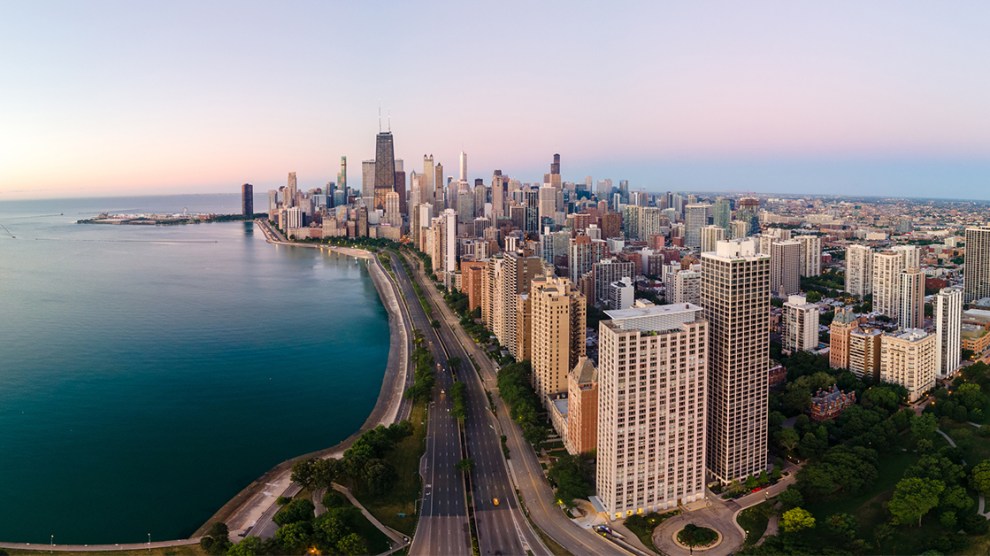Core Struggles Hide Fringe Improvement
Like most other gateway multifamily markets, Chicago finds itself in a difficult position. Although rents continued to grow to some extent outside of the urban core, the metro registered an overall decline of 0.6% on a trailing three-month basis through November, to $1,487. That dip reduced the once-wide gap between the local and national averages. Rent expansion is slated to stay negative, particularly in the Lifestyle sector, as renters are more cost-conscious amid a spate of upscale deliveries.
Chicago’s economy has taken a large hit this year, with the loss of 345,500 jobs during the 12 months ending in September, or a 7.2% contraction year-over-year. Though unemployment moved to 7.8% in October, it still lags notably behind the national rate. While economic volatility persists on the national level, Chicago may face additional challenges going forward, due to property and other tax increases approved in November as a means of covering the city’s expected $1.2 billion budget deficit for the 2021 fiscal year.
Multifamily transactions totaled $1 billion year-to-date through November, for a nearly 60% decrease from the same period in 2019. Sales averaged $191,920 per unit, 14.9% higher than the national average, with the bulk of investment activity targeting upscale assets. New construction starts slowed, though more than 6,700 units were delivered through November with another 17,467 underway.
Read the full Matrix Multifamily Chicago Report-Winter 2021











Add Comment